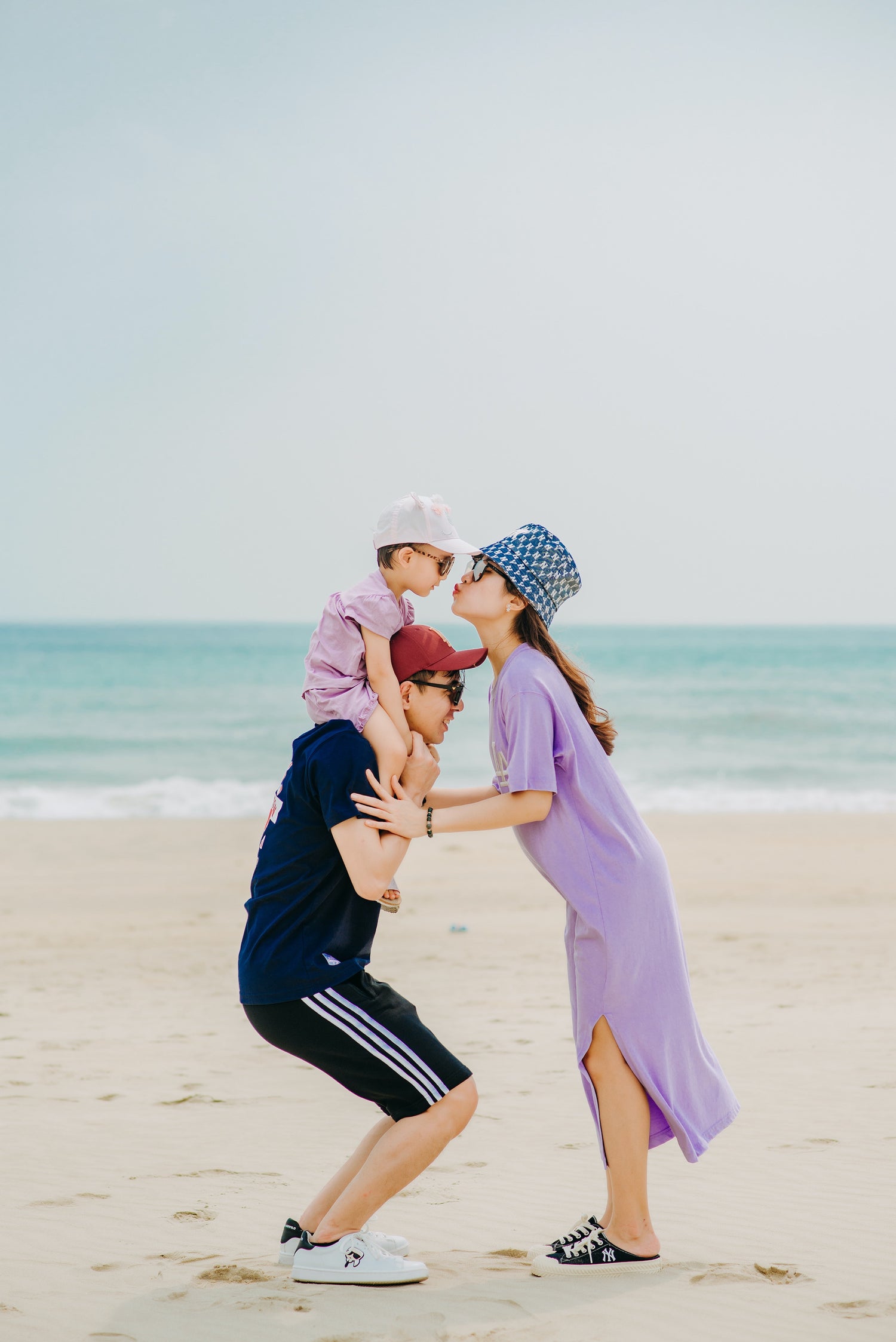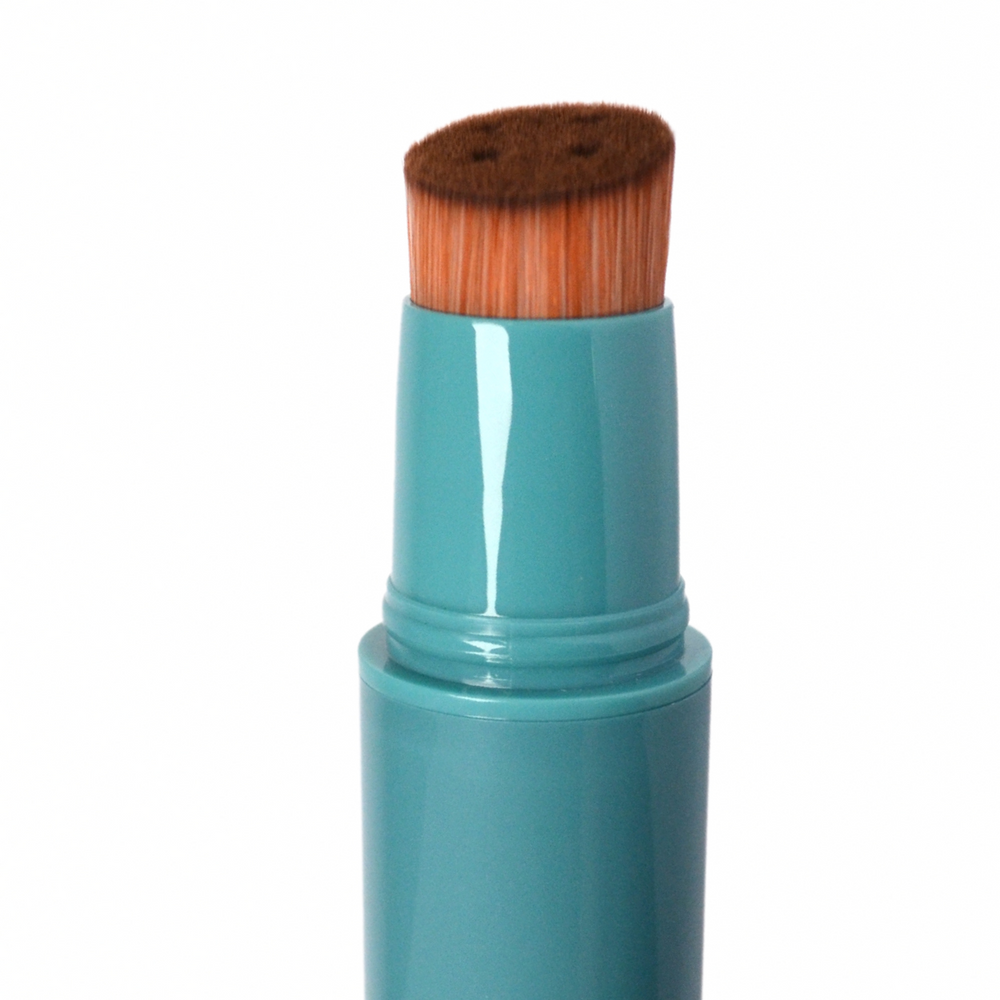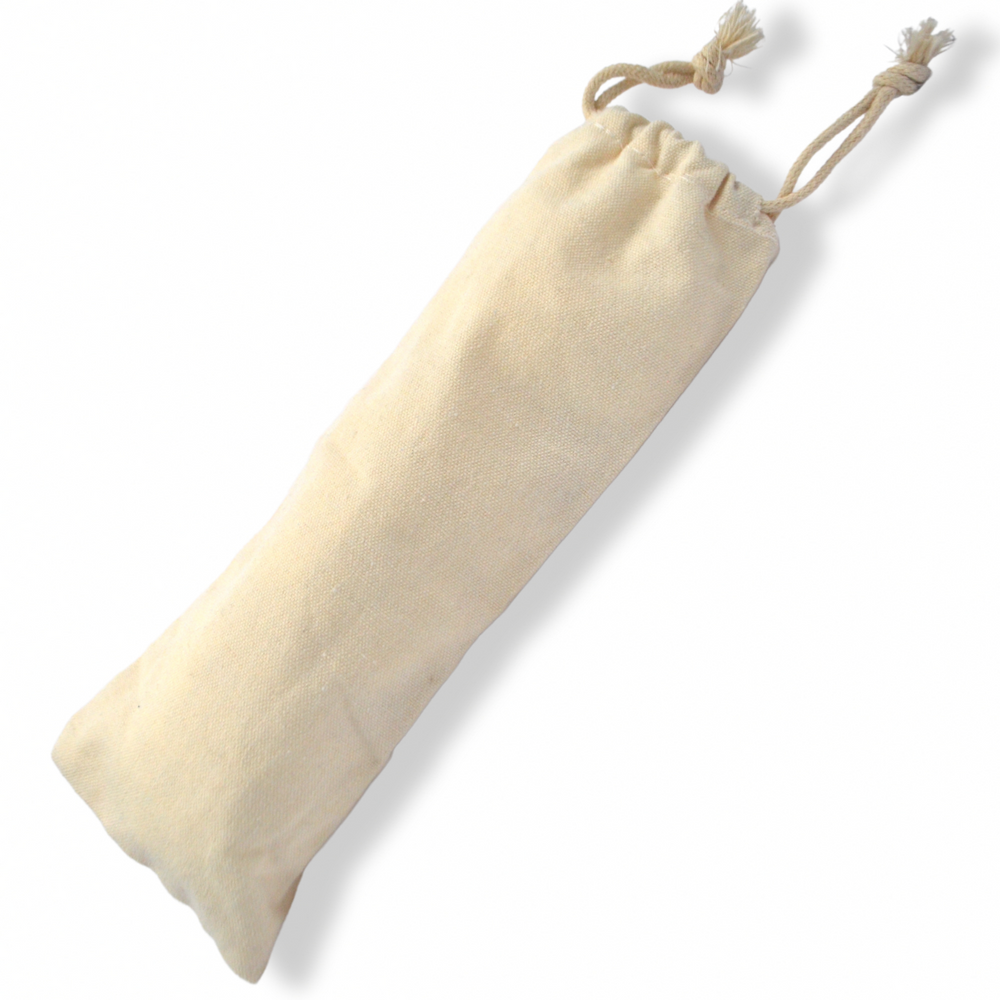The Ultimate Guide to Sunscreen for Families: Chemical Sunscreen vs. Mineral Sunscreen

We all know how important it is to keep our families protected from the sun. But with so many sunscreen options out there, it can be tough to know which one is best for you and your little ones. So let's break down the differences between chemical and mineral sunscreens, so you can make an informed decision and keep your family sun-safe whilst enjoying the great outdoors.
What's the deal with UV?
UV radiation is a type of sunlight that can causes the not-so-fun effects on our skin, like sunburn, premature aging, and skin cancer. There are three types of UV radiation: UVA, UVB, and UVC. UVA and UVB are the ones we need to worry about, as they can reach our skin 1. Thankfully, UVC doesn't make it past the Earth's atmosphere, so we don't have to worry about that one.
UV filters – what are they?
UV filters are the special ingredients in sunscreens that help protect our skin from those pesky UV rays. They work by either absorbing or reflecting the UV radiation, stopping it from getting to our skin 2. The UV filters used in chemical sunscreens differ from those used in mineral sunscreens.
Chemical Sunscreen – what is it and how does it work?
Chemical sunscreens are made with organic (carbon-based) compounds that soak up UV radiation like a sponge, turning it into heat and releasing that heat from our skin. These sunscreens usually have a mix of different UV filters to protect against both UVA and UVB rays3.
Many chemical sunscreens contain ingredients such as oxybenzone, ensulizole and octinoxate. It is important to note that chemical sunscreen ingredients have raised concerns regarding their potential impact on the environment, particularly coral reefs. In addition to this, some people experience skin irritation or allergies from chemical sunscreens whereas others don't.
Mineral Sunscreen – what is it and how does it work?
Mineral sunscreens, also known as physical sunscreens, are made with ingredients like zinc oxide and titanium dioxide. Instead of absorbing the UV rays, they sit on top of our skin and reflect the radiation away 4. Like chemical sunscreens, mineral sunscreens can also protect against both UVA and UVB rays.
Since they are chemical-free and are considered less likely to affect ocean life, mineral sunscreens may be a better option for those with sensitive skin or concerns about the environment.
Chemical vs. Mineral Sunscreen – which is better for families?
Both chemical and mineral sunscreens have their pros and cons. Chemical sunscreens are usually lighter and easier to rub in, so they don't leave that annoying white residue on our skin. But some people might have skin irritation or allergic reactions to the chemicals in these sunscreens5.
Mineral sunscreens are less likely to cause irritation and are generally better for sensitive skin. They're also concidered more environmentally friendly, as some chemical sunscreens can harm coral reefs 6. The downside is that mineral sunscreens can sometimes leave a white cast on the skin, which might not be everyone's favourite look.
At the end of the day, both chemical and mineral sunscreens can help keep our families protected from the sun's harmful rays. The best choice for you will depend on your family's preferences, skin type and needs.
If you are uncertain which type of sunscreen is right for you and your family, SUNNYBOD™ recommends consulting with a dermatologist who can suggest the best formula to meet your individual needs.

Parenting Just Got Easier
Applying sunscreen to kids can be a challenging task for various reasons. Children often wriggle and resist during the application process, making it difficult to ensure even coverage and adequate protection. As a result, it's crucial to find a gentle, yet effective sunscreen that suits their skin type and a practical and fun way to apply it.
The SUNNYBOD™ refillable sunscreen brush offers a convenient, eco-friendly, solution for sun protection on the go. Wave goodbye to messy, greasy hands and missed spots of unprotected skin. Its refillable design reduces waste and allows you to easily reapply sunscreen throughout the day.
Parents can ensure that their little ones are protected from harmful UV rays, all while avoiding the tears and tantrums that can come with traditional sunscreen application. Best of all, this brush is BPA free, 100% Recyclable and vegan and cruelty free.
Whilst sunscreen is an important part of a complete skin care routine, it's essential to remember that it is just one form of sun protection. Incorporating other measures like wearing wide brimmed hats, UV blocking sunglasses, and seeking shade during peak sun hours can further safeguard your skin from harmful UV rays.
So, now you know the facts why not enhance your sun protection routine and make a positive impact on the environment by giving the SUNNYBOD™ refillable sunscreen brush a try.
Sources:
-
Cancer Council Australia. (n.d.). Ultraviolet (UV) radiation and the sun. Retrieved from https://www.cancer.org.au↩
-
Cancer Council Australia. (n.d.). Sunscreen. Retrieved from https://www.cancer.org.au ↩
-
Cancer Council Australia. (n.d.). Chemical vs physical (mineral) sunscreens. Retrieved from https://www.cancer.org.au ↩
-
Cancer Council Australia. (n.d.). Chemical vs physical (mineral) sunscreens. Retrieved from https://www.cancer.org.au ↩
-
Cancer Council Australia. (n.d.). Chemical vs physical (mineral) sunscreens. Retrieved from https://www.cancer.org.au ↩
-
Cancer Council Australia. (n.d.). Chemical vs physical (mineral) sunscreens. Retrieved from https://www.cancer.org.au ↩
Hello Sunshine! We are SUNNYBOD™, and we're dedicated to bringing you engaging and informative insights into sun safety. As passionate advocates for a future free from melanoma, we work diligently to empower you with knowledge and awareness. Through our unique human-AI collaboration, SUNNYBOD™ hopes to inspire you and your family to enjoy the sun safely, armed with the latest in sun care innovation and information.
Related posts
Parenting Just Got Easier
The #1 Beauty Brush you can't live Without!













